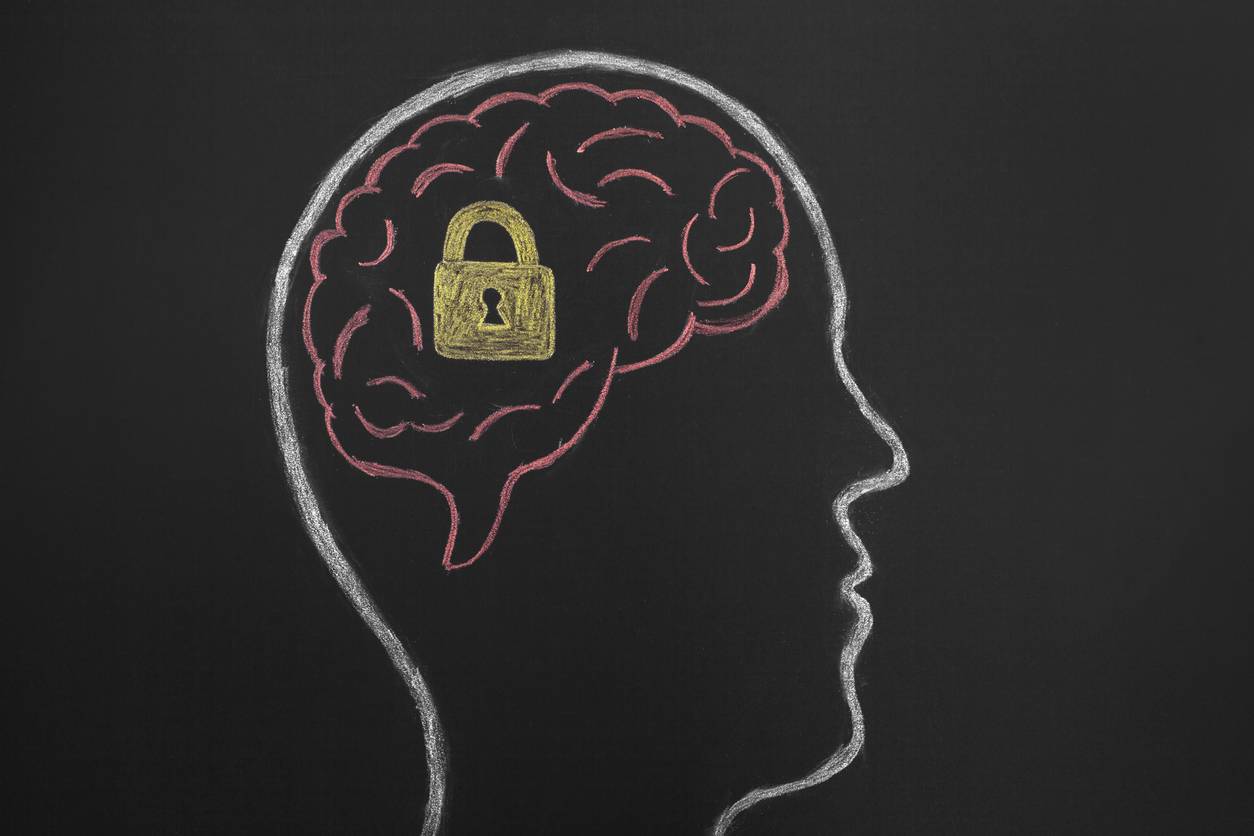Fuel your Brain for Success

The Human Brain is one of the largest and most complex organs in the Human Body. The Brain serves as the command centre from the human nervous system. Most know the importance of the human brain, but fail to know the right nutrients needed for optimal functionality of our body’s command centre.
What you need to know
- The brain only makes up 2% of the human body and it uses 20% of your bodies energy resources
- The Brains functionally is entirely dependent on what you eat
- Eat better -> Perform better -> Make better decisions -> Increase your success!
What is the brain made up of?
- Fats (lipids)
- Proteins
- Amino acids
- Micronutrients
- Glucose
Each component has an essential impact on functioning, mood and energy.
Fatty Acids
Prevent degenerate brain conditions like alzheimer’s disease, amyotrophic lateral sclerosis (ALS), Huntington’s disease, and Parkinson’s disease.
Example of Healthy fats (Omega 3&6)
- Nuts
- Seeds
- fatty fish (salmon)
Healthy fats are crucial for the creation and maintenance of the cell membrane.
Bad fats (Trans and saturated fats)- compromise brain health
Proteins and Amino acids
- Help growth and development
- Control how you behave and feel.
Example of Proteins and Amino acids
- Animal Proteins (Lean meats)
- Eggs
Amino Acids
Foundations of neurotransmitters (chemical messengers that carry signals between neurons)
Affect
- Mood
- Make you feel sleepy after a carb loaded meal
- Make you feel alert after a protein rich meal
- Sleep
- Attentiveness
- Weight
Micronutrients
Antioxidants from fruits and vegetables strengthen the brain to fight off free radicals that destroy brain cells enabling your brain to work well for a longer period of time.
Examples of Micronutrients
- Vitamin B6
- B12
- Folic acid
Without out a sufficient supply of micronutrients our brains would be suitable to brain disease and mental decline.
To run at optimal efficiency our brain also needs important minerals like
- Iron
- Copper
- Zinc
- Sodium
These minerals are fundamental to brain health and early cognitive development (ability to think and understand.
Glucose
In order for your brain to efficiently transfer and synthesize the above nutrients it needs fuel. Most of the energy the brain uses comes from carbohydrates that our body converts into glucose (blood sugar).
The frontal lobe of your brain is very sensitive to drops in glucose.
- Low level of glucose causes a drastic change in mental function and focus.
High glycemic food (EX. white bread)
- Cause rapid release of glucose into blood, followed by dip in blood sugar, negatively impacting attention span and mood
Low glycemic foods
Example:
- Oats
- Grains
- Legumes
have slower glucose release, therefore enabling a steady level of attentiveness.
Your brain is the most power tool you have, feeding it a varied diet of nutrient rich foods is critical for sustained brain power and limitless success.










